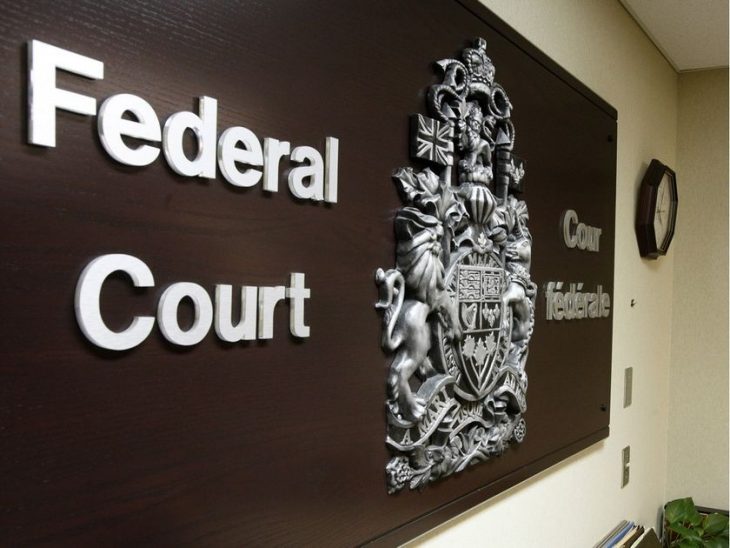
By Ahmad Hathout
OTTAWA – The Federal Court of Appeal ruled Wednesday that movie studio Voltage cannot expect the court to assume alleged infringers of its copyright are the actual infringers without further investigation.
The appeal court upheld a lower court decision that said further discovery would be needed to prove that the named respondents were actually the ones who used the flagged IP addresses downloading and uploading the studio’s Revolt film.
“The defendants’ lack of participation in litigation does not offset the plaintiff’s lack of evidence,” the appeal court ruled. “The Federal Court was not obligated to draw an adverse inference at this stage of the litigation merely because the respondents had, by their silence, not put forward sufficient evidence to rebut the appellant’s allegations.”
Voltage argued that once it has shown that the IP address is tied to the respondent in some way and they do not respond to a second notice of infringement, the burden of proof should shift to the respondent to show that it is not them who used the address to download and upload the movie.
The studio said it put all available technologically possible evidence in front of the court to show proof of the alleged infringement and said that it cannot prove more than it already has.
But the appeal court wasn’t persuaded. It noted that Voltage could still use its discovery option to investigate further.
The point is, Voltage needed to at least try to figure if there was more evidence to meet the burden of proof.
“The appellant’s assertion that it could not have proven more than it did, technologically speaking, does not afford it more flexibility in the weighing of its evidence, lower the applicable standard of proof, or displace what must be advanced to establish a copyright owner’s claim of infringement,” the court said. “Legal burdens are not shifted to the defendant merely because the plaintiff has put forward all of the evidence possible.”
But the court also ruled that the notices sent to the alleged infringers have value as evidence – it’s just that it is only part of the proof required to find liability.



